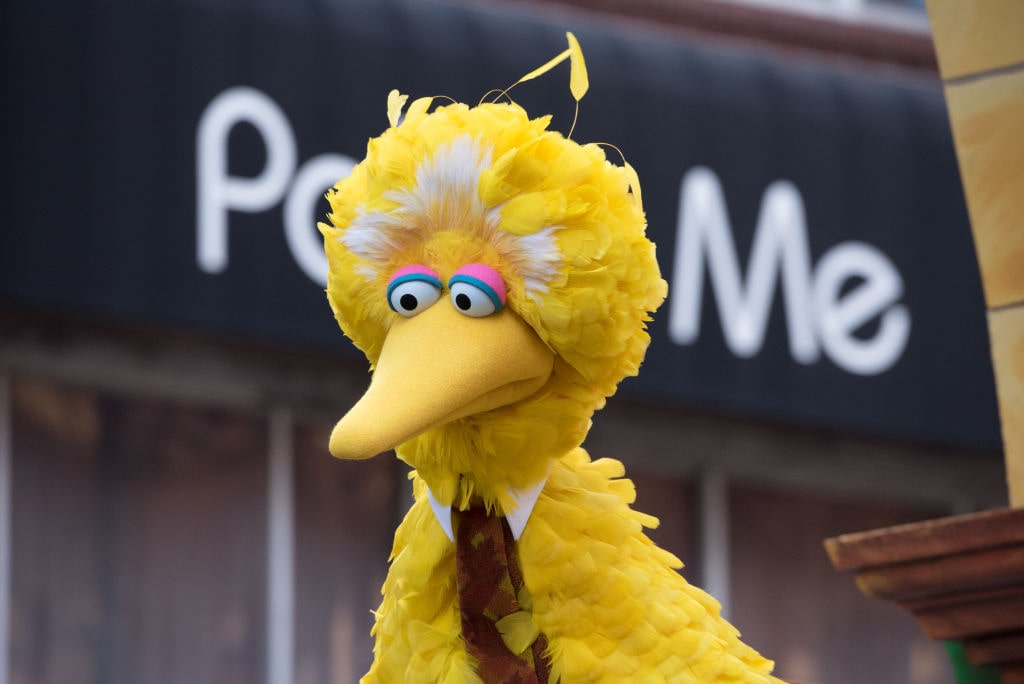
It may be time for Big Bird to tighten his belt a bit.
The Corporation for Public Broadcasting (CPB) is throwing in the towel. For nearly 60 years, the non-profit acted as the funnel through which federal tax dollars flowed into NPR, PBS, and more than a thousand member stations across the nation. But nothing lasts forever – and, while the terminated federal spending for public broadcasting only amounts to about 15%, on average, of the budgets of these radio and television stations, it’s basically all of the CPB’s funding and purpose, rendering it both obsolete and out of money.
The Corporation Had a Good Run
Founded on November 7, 1967, by President Lyndon Johnson and Democratic majorities in both chambers of Congress, the Corporation for Public Broadcasting was billed as a way to “ensure universal access to non-commercial, high-quality content and telecommunications services.”
PBS (Public Broadcast Service) was then created in 1969, with NPR (National Public Radio) following in 1970. The children’s programs that aired on PBS and its affiliates represent a through line across three generations. Sesame Street first aired in November of 1969 and is still on today. Mr. Rogers’ Neighborhood taught Gen X and Millennials how to treat their fellow humans from 1968 to 2001, just two years before Fred Rogers passed in 2003. Daniel Tiger’s Neighborhood took up his mantle in 2012, bridging the gap to include even Gen Z and Gen Alpha (those born from 2013 to 2024, God help ’em) as neighbors in the Mr. Rogers’ tradition.
But PBS also has a long history of presenting leftist ideology and LGBTQ values to children – something conservatives don’t take lightly. PBS aired some of the first programs for adults that featured LGBTQ relationships in a positive light in the 1970s. But it also brought the lifestyle into its children’s shows in 2005, when the Arthur spin-off, Postcards from Buster, featured two lesbian mothers. Cyberchase, which first aired in 2002, integrated environmentalism into its storylines to “educate children about environmental issues and promote eco-conscious behavior” in what PBS called its “Green It Up” campaign.
And the leftist bias in the reporting at NPR has been well documented – the outlet was even outed by Uri Berliner, who served as an editor there for a quarter century! As Liberty Nation News Executive Editor Leesa K. Donner once put it, “All things are no longer considered.” NPR can protest claims of bias all it wants, but as Donner asked in her article: “How independent is a media outlet when all its employees are of one political persuasion?”
Congressional Republicans cheered the announcement. “PROMISES MADE, PROMISES KEPT,” wrote House Speaker Mike Johnson (R-LA) on X. “The days of the American people being forced to fund biased political outlets ARE OVER.”
“Proud to lead the rescissions package President Trump signed to finally pull the plug on the Corporation for Public Broadcasting,” House Majority Leader Steve Scalise (R-LA) said. “$1.1B returned to the taxpayers. No more public dollars for partisan propaganda. Republicans are ending wasteful spending and putting America First.”
Public Broadcasting Will Survive
Since 1967, the Corporation for Public Broadcasting has spent an estimated $28.5 billion in taxpayer money. That ends soon – but what does it mean for NPR, PBS, and their affiliates? Well, the left-leaning news writers won’t have those federal dollars flowing in anymore – and Big Bird may need to tighten his belt a bit (yes, yes, we know he doesn’t wear one) – but public broadcasting in general will survive.
Though the corporation cost US taxpayers hundreds of millions per year, that only represents about 15%, on average, of the funding to public TV and radio stations. In fact, despite complaining now that the funding is being pulled, NPR once wanted people to think its federal funding wasn’t significant. When Elon Musk labeled NPR and PBS as publicly funded, both organizations expressed offense and left the platform in a huff – with NPR specifically claiming tax dollars only accounted for about 1% of its budget in an attempt to get the label removed. Well, congrats – that’s no longer a problem.
Yes, things will get a bit tighter, and some stations began reducing their workforces earlier this summer in anticipation. On the other hand, several public broadcasting operations – typically in densely populated areas with a majority of Democratic voters – have reported a big surge in donations since the cuts were announced. And what better way should these public stations stay afloat than with the generous contributions of loyal viewers and listeners?
Daniel Tiger won’t lose his neighborhood, and all things will continue to be considered – if only from one political perspective. But the time has come for the government-created middleman, the Corporation for Public Broadcasting, to bid farewell to viewers like you.
Liberty Nation does not endorse candidates, campaigns, or legislation, and this presentation is no endorsement.

















